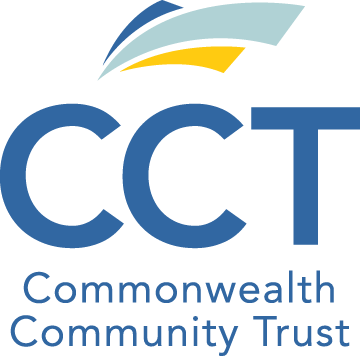65 and Older
Beneficiaries 65 and Older
First-Party Special Needs Trusts: Pooled Trusts are the Only Option
Once a Beneficiary with a disability reaches the age of 65 years or older, federal law prohibits establishing a standalone first-party special needs trust, also called a D4A or self-settled trust, for that Beneficiary. [1] After the Beneficiary turns 65 years old, if the Beneficiary needs to establish a first-party special needs trust, then they must establish it with a pooled special needs trust, like CCT. [2]
First-Party Special Needs Trusts: Transfer Penalty
The issues surrounding transfer penalties are complex and vary from state to state, and can change within a given state with little notice. While a Beneficiary 65 years of age and older may establish a first-party pooled special needs trust, some states may consider transferring assets into this trust a transfer for less than fair market value that can lead to a transfer of assets penalty being imposed. The penalty period is based on the value of the transfer.
Whether a transfer penalty applies in a particular situation largely depends on the type of public benefits received (such as long-term care Medicaid), the state from which these benefits are received, and the client’s individual situation. Some states will not impose a penalty if certain exceptions to the asset transfer rule apply. These rules often also apply to adding funds to an existing first-party trust.
To determine if your state has transfer penalties and, if so, whether it is in the Beneficiary’s interest to transfer assets into a first-party pooled special needs trust, please consult with an attorney who specializes in elder law or special needs planning. The following organizations will provide referrals to attorneys in your area:
National Academy of Elder Law Attorneys
Third-Party Special Needs Trusts
A third-party special needs trust, whether pooled or standalone, can be established for any beneficiary with a disability at any time, regardless of their age or what type of benefits they receive.
[1] 42 U.S.C. § 1396p(d)(4)(A).
[2] 42 U.S.C. § 1396p(d)(4)(C).
Key Terms
First-party funds are assets belonging to or owed to the Beneficiary, like personal injury awards, inheritances to the Beneficiary directly, child support, etc.
Third-party funds are assets that belong to anyone other than the Beneficiary, like gifts or bequests made from family or friends directly to the third-party trust.
This information is meant for educational purposes only and it is not legal advice. For legal advice, please consult an attorney.
Dan, Brother and Advocate of a CCT Beneficiary
"CCT has been a blessing to our family. CCT has provided a sense of order, organization, trust, and leadership in helping to provide and protect the well-being of my younger sister. I would recommend CCT to anyone, and I already have." — Dan, Brother and Advocate of a CCT Beneficiary

Dustin, CCT Beneficiary
"I have had nothing but exceptional service from this company, they take their time to help with my needs and make sure I have what I need." — Dustin, Beneficiary of CCT
Cathy, CCT Beneficiary
"With the help of CCT I was able to purchase my Dream vehicle. Emily at CCT was/is a HUGE help! It was a very smooth transaction." — Cathy, Beneficiary of CCT
Grandmother of Beneficiary Kobe
"CCT made getting the wheelchair equip van we so much needed for our grandson the easiest purchase ever. Thank you CCT!!!" — Grandmother of Beneficiary Kobe
Rhonda, Mother and Advocate of a CCT Beneficiary
"CCT has been amazing. Very helpful with guiding us through this process." — Rhonda, Mother and Advocate of a CCT Beneficiary
Nancy, Grandmother and Advocate of a CCT Beneficiary
"CCT has been wonderful in serving the financial needs of my grandson. They are always prompt in answering questions and suggesting how we can make something happen for him. He just turned 18 this year and we still plan on using this service." — Nancy, Grandmother and Advocate of a CCT Beneficiary
Dan, Brother and Advocate of a CCT Beneficiary
"CCT has been a blessing to our family. CCT has provided a sense of order, organization, trust, and leadership in helping to provide and protect the well-being of my younger sister. I would recommend CCT to anyone, and I already have." — Dan, Brother and Advocate of a CCT Beneficiary
Dustin, CCT Beneficiary
"I have had nothing but exceptional service from this company, they take their time to help with my needs and make sure I have what I need." — Dustin, Beneficiary of CCT
CCT
Trusts
Professionals
Clients

*Disclaimer Statement: CCT is not a chartered bank or trust company, or depository institution. It is not authorized to accept deposits or trust accounts and is not licensed or regulated by any state or federal banking authority.
All Rights Reserved | Commonwealth Community Trust
